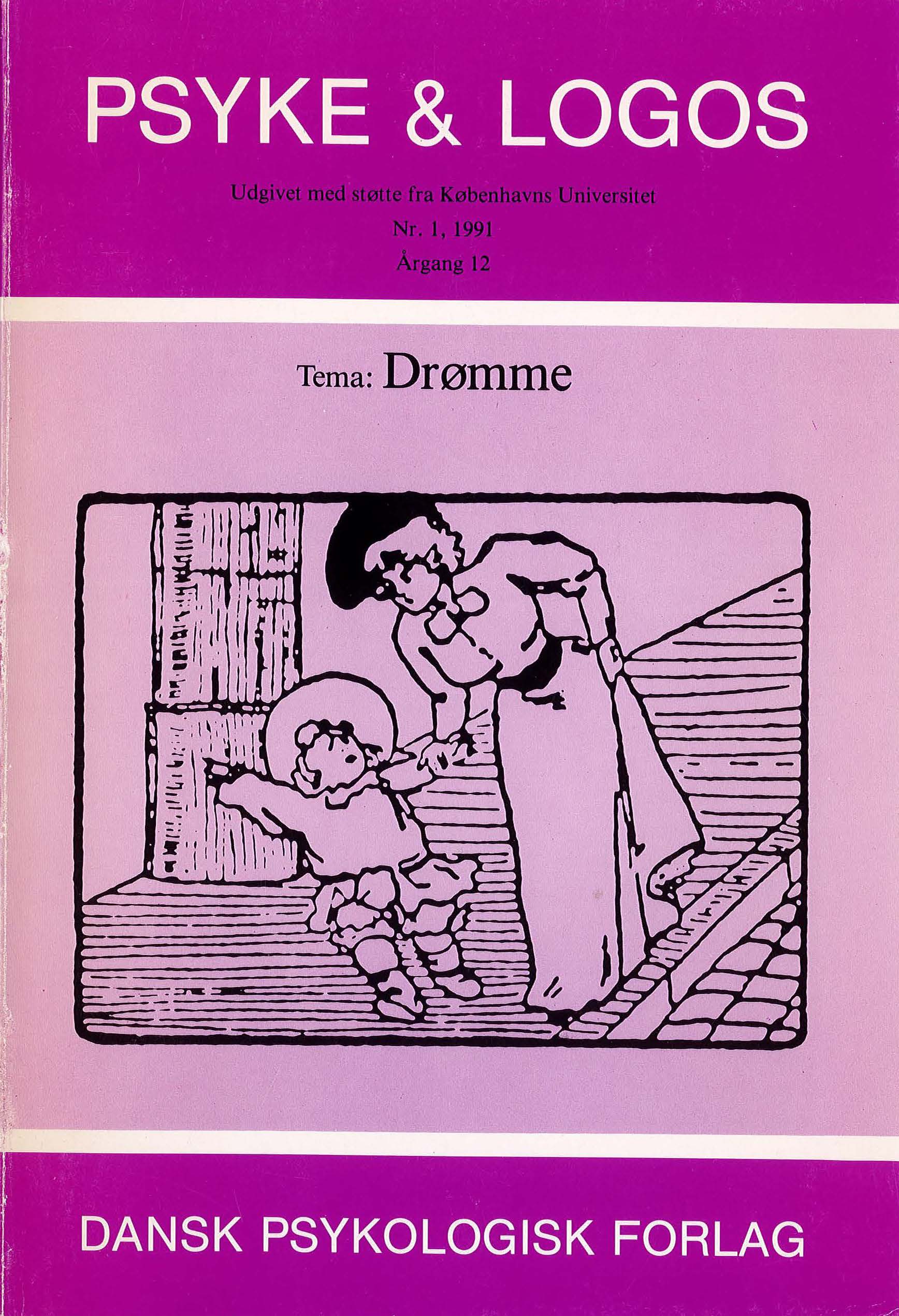Drømme og fortolkningens problem
DOI:
https://doi.org/10.7146/pl.v12i1.134607Abstract
Theories about dreams as well as about human psyche rest on conflicting but in practice effective assumptions. A meta-theoretical problem is thus raised. The basic epistemological dilemma is seen as a choice between understanding the interpretation as a mean to uncover an objectively existing truth »behind« the dream, or (as the author) as a verbal way of deriving significant patterns of meaning during a communicationproces in and between two psychic systems which include much more than verbal communications. The interpretation is seen as a higher form of metaphor, an »as-if«-language, both emotionally and cognitively
satisfying, and inscribed in a self-organizing proces, which on the most intense level transforms the »Umwelt«-interpretation itself. The inheritage from the philosophy of consciousness with its distinctions between subject/object and inner/outer is criticized. It is f.i. expressed in the jungian criterions for choice between objective (relations to the outer world) and subjective (relations to the inner world) dream interpretation. These are self-contradictory; they cannot be derived from the »dream-text« and it is often possible to work in both directions on the same dream. The self-contradictions diasappear, if an implicit »as-if«
is accepted as common denominator.
Downloads
Published
How to Cite
Issue
Section
License
Ophavsret er tidsskriftets og forfatternes. Det er gældende praksis, at artikler publiceret i Psyke & Logos, som efterfølgende oversættes til andet sprog, af forfatteren frit kan publiceres i internationale tidsskrifter, dog således at det ved reference fremgår, at den oversatte artikel har et forlæg i en dansksproget version i Psyke & Logos. Artikler kan frit deles og linkes til på forsknings- og undervisningsnetværk (så som Blackboard). Link foretrækkes, fordi det giver oplysning om brug af tidsskriftets artikler.




